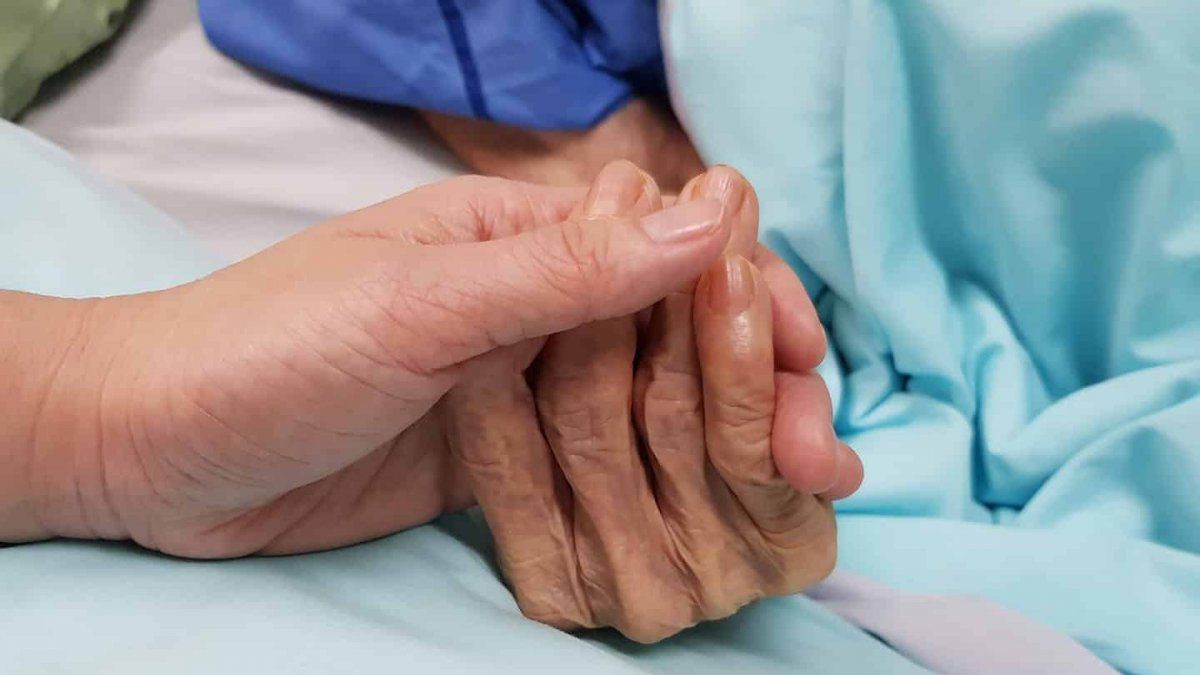He parliament of great britain will debate again legalization of euthanasiaafter a new bill is presented in the House of Commons. The previous attempt to make assisted dying into law, was rejected 10 years ago.
The precise content of the text delivered this Wednesday by the deputy is still unknown. Kim Leadbeaterbelonging to Labor Partythe same sector as the prime minister, Keir Starmer. The latter had already committed to promoting this debate, since the last vote in the lower house dates back to 2015.
Everything indicates that the discussion will take place end of novemberduring the weekly session dedicated to bills presented by elected officials. Several indications indicate that the rejection of the last time could be reversed.
Keir Starmer (3).JPG
Keir Starmer, British Prime Minister.
The illegality of assisted dying
Assisted suicide is illegal in England, Wales and Northern Irelandand its use carries a penalty of 14 years in prison for complicity. However, in Scotland is not penalized, although a person who helps someone die may be prosecuted for murder.
The debate regarding this decision returned to the public environment because different personalities put it back on the agenda. The origin of this return lies in the fact that Esther Rantzenthe former journalist of the BBC who suffers from lung cancer, announced last year that he planned to travel to Swiss to resort to assisted dying.
Furthermore, according to different surveys carried out in British territoryalmost two-thirds of English and Welsh people favor medical assistance in dying for terminally ill adults.
According to another survey carried out last month by King’s College London, evidence that 63% of respondents support legalization. These figures strongly prompted the return of the debate.
However, 53% of those questioned in this survey, fear that some may be pressured to opt for euthanasia, and 83% say that poor quality of palliative care It is an important factor in your stance on the issue.
Euthanasia in South America
Ecuador became the second in Latin America to decriminalize euthanasia after Colombiafollowing a case of a patient with an incurable and fatal disease in February of this year.
Thus, the Constitutional Court ruled, with seven votes of its nine justices, in favor of doctors being able to help a sick person die without going to jail. The penalty for homicide “cannot be applied to the doctor who performs an active euthanasia procedure in order to preserve the rights of a dignified life and the free development of the patient’s personality”the highest constitutional court said in a statement.
The case that led to the decision was that of Paola Roldan43 years old, who had been suffering from a amyotrophic lateral sclerosis (ALS), a degenerative and painful disease. In August, the woman filed a lawsuit against article 144 of the Ecuadorian penal code, which considers the procedure a homicide and provides for a prison sentence of between 10 and 13 years.
Source: Ambito




